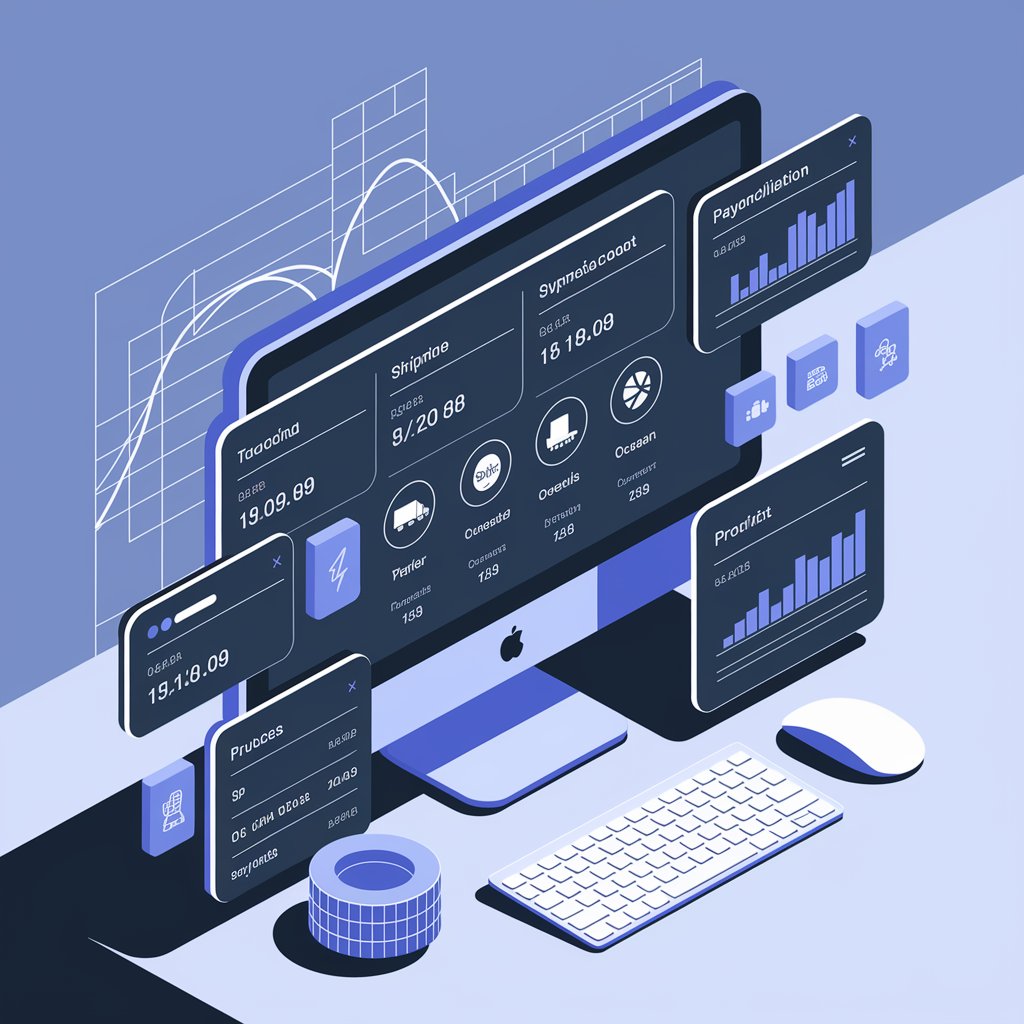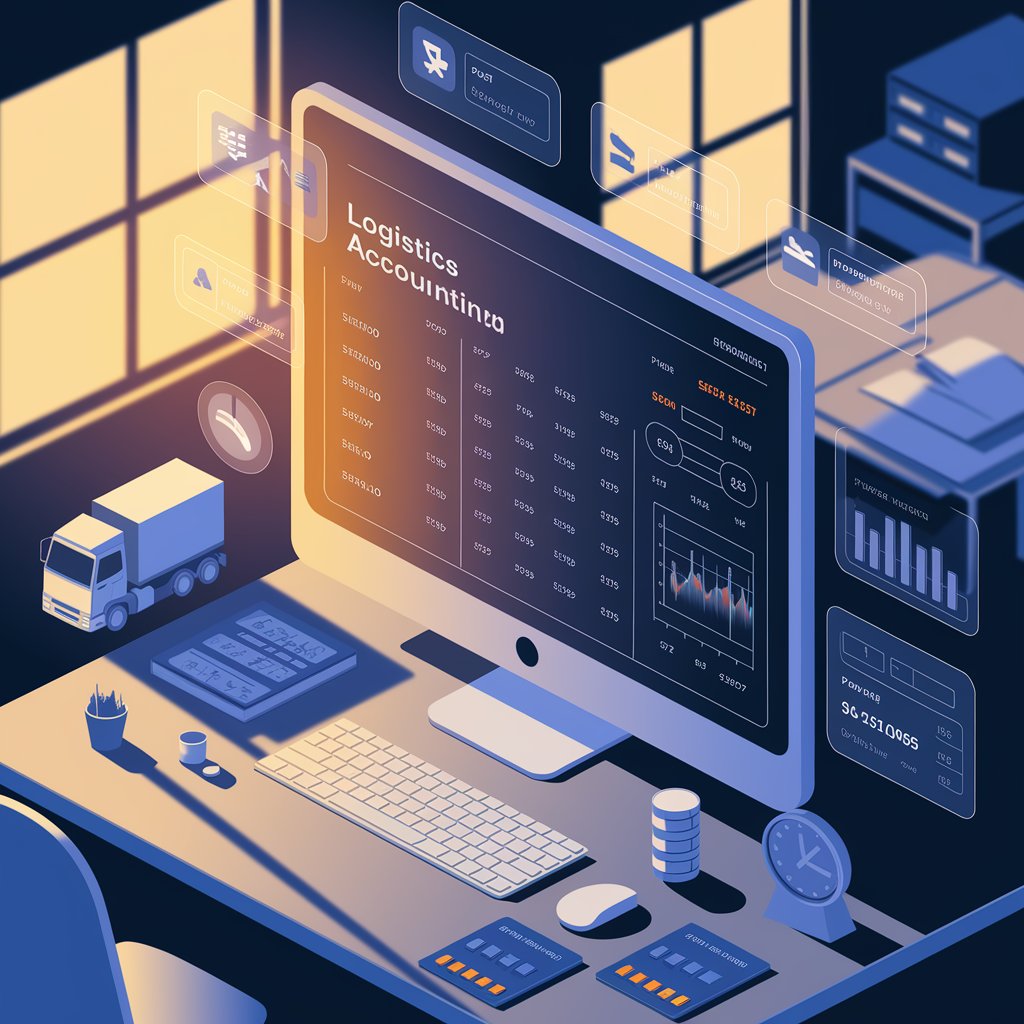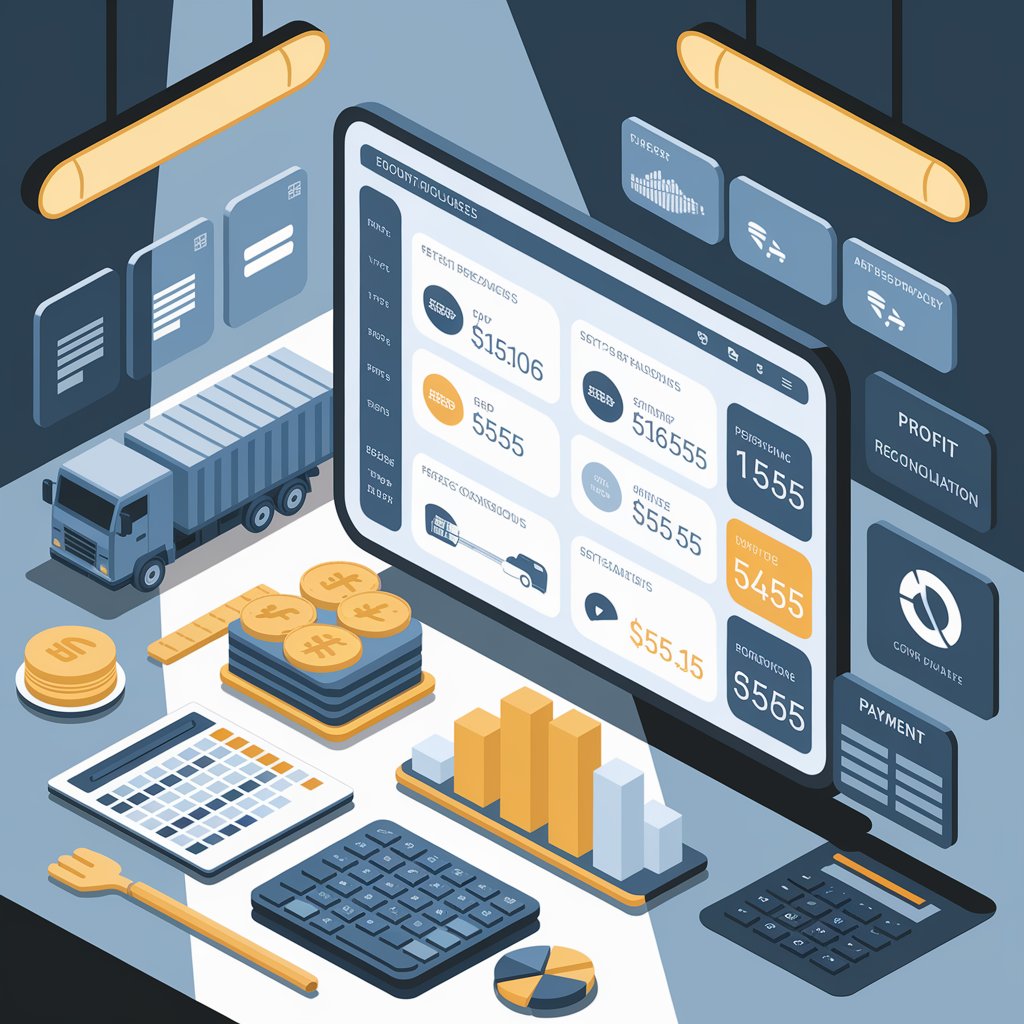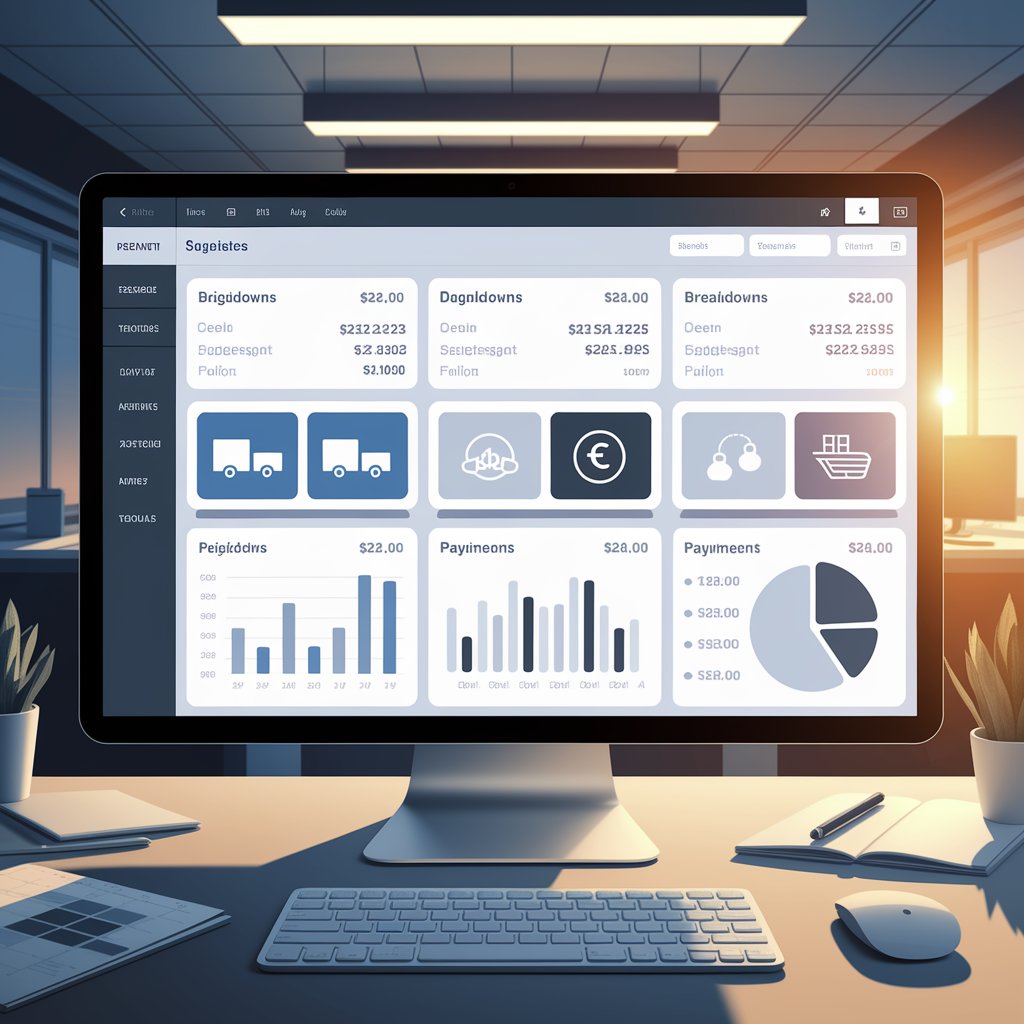Logistics Accounting Software: Simplifying Finances in Freight & Supply Chain
In this article, we’ll explore what logistics accounting software does, why it’s essential, and what features to look for when choosing a solution.

🧾 What Is Logistics Accounting Software?
Logistics accounting software is a digital solution designed to manage financial transactions and reporting specific to the transportation and logistics industry. Unlike general accounting tools, it includes features tailored for:
- Freight charges and rate management
- Multi-currency billing
- Customer-specific invoices
- Carrier payments and reconciliation
- Customs fees, duties, and taxes
- Profitability analysis by shipment
It bridges the gap between operations and finance in logistics businesses.
🚚 Who Uses It?
User Type | Benefit |
📦 Freight Forwarders | Automate client invoicing and vendor payments |
🚛 Trucking Companies | Track fuel costs, mileage, and fleet expenses |
🏢 3PL Providers | Monitor warehouse billing and order processing fees |
🌐 Global Shippers | Handle international taxes, customs, and currency conversions |
Even small logistics firms benefit from improved cash flow visibility and fewer billing errors.

💡 Key Features to Look For
When evaluating logistics accounting platforms, focus on:
- 💰 Automated Invoicing – Create shipment-based, milestone, or batch invoices
- 🌍 Multi-Currency Support – Essential for international freight operations
- 📊 Real-Time Cost Tracking – Monitor profits and costs per shipment or client
- 🔄 Carrier & Vendor Reconciliation – Match bills with actual charges
- 🧾 Tax & Compliance Modules – Handle duties, VAT, and regulatory reporting
- 📥 Integration with TMS/WMS – Sync data from your freight or warehouse system
- 🔐 Audit Trail & Permissions – Maintain financial transparency and controls
Platforms like Linbis, Magaya, and CargoWise integrate accounting directly with logistics operations.
📉 Why It Matters
Using spreadsheets or general accounting tools in logistics can lead to:
- 📦 Misaligned shipment data
- 💸 Revenue leakage from missed charges
- 🕓 Time-consuming manual reconciliations
- 🧾 Inaccurate reporting and tax filings
💡 A dedicated solution ensures accuracy, automation, and compliance—all critical in a fast-moving supply chain.

⚙️ Real-World Use Case
Scenario: A freight forwarder handles 200 shipments per month.
Without logistics accounting software:
- Manual invoice creation = 50+ hours/week
- High error rate = delayed payments
- Lack of cost visibility = lost margin
With logistics accounting software:
- Automated billing triggered by shipment status
- Instant reconciliation with vendor bills
- Profit reports per client, lane, or carrier
📊 Result: Saved time, better cash flow, and higher customer trust.
📲 Integration Is Key
The best logistics accounting tools integrate with:
- ✅ TMS (Transportation Management Systems)
- ✅ WMS (Warehouse Management Systems)
- ✅ CRM platforms
- ✅ ERP solutions like QuickBooks or SAP
🌐 This allows end-to-end automation—from booking a load to recording the final invoice.

🏁 Final Thoughts
Logistics accounting software is more than a back-office tool—it’s a growth enabler. It gives freight and logistics businesses the financial control they need to scale, stay compliant, and improve customer satisfaction.
📈 Ready to take control of your logistics finances? Look for a platform that speaks the language of freight, not just accounting.
